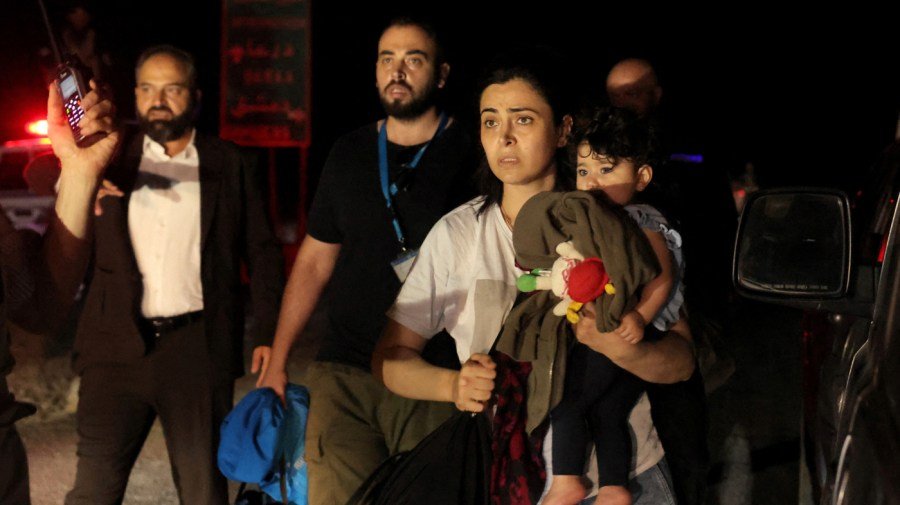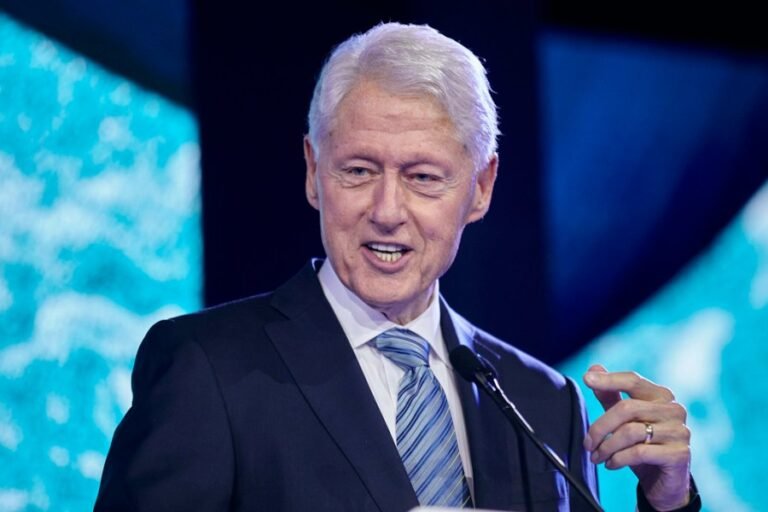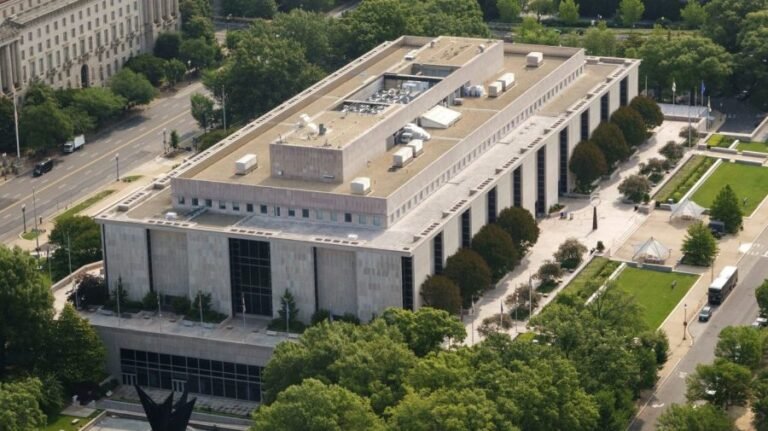
Earlier this month, over 1,100 people were reportedly killed during clashes in southern Syria involving the members of the Druze, a religious minority, the Bedouin, traditionally nomadic Sunni Muslim Arab tribes now mostly settled across southern Syria, and Syrian government forces.
This latest wave of violence follows a pattern of attacks, including the summary executions of the Druze by Syrian security forces, that left many more dead from among the war-torn country’s vulnerable minorities.
Last month, a suicide bomber struck the Mar Elias Greek Orthodox Church in Damascus during a packed evening worship service, unleashing unimaginable carnage. Killing at least 25 and injuring over 60, it was the first church attack in Syria’s capital in 165 years.
This followed the killing of over 100 Druze in April in a Damascus neighborhood after a fake video — purportedly insulting Islam — circulated on social media. So far this year, 33 women and girls who are part of the Alawite Islamic sect (the religious minority to which former dictator Bashar Assad belonged) have been kidnapped, following March massacres that killed some 1,500 Alawites.
As the violent persecution of Syria’s vulnerable minorities — ethnic, religious and gender — intensifies, Syrians of all walks are beginning to lose hope in a future where all citizens belong. Majoritarianism is a sure recipe to destroy any hope for peace and coexistence in the war-torn country.
Syria’s friends and allies must therefore push for equal citizenship, inclusive governance and security guarantees, before it’s too late.
These attacks, and many others like them, concerningly show that the people responsible face no consequences. This creates fear among Syrians, who believe in a democratic and pluralistic future for their country. There are already reports of “fears of a mass Christian exodus” and warnings of “Christianity’s extinction in Syria.”
When a majority group starts targeting minorities, it doesn’t stop with one group. The current trend is as much a threat to the wellbeing of Sunni Arabs, especially the moderates, as it is to all the non-majority groups. Once this pattern starts, it spreads to anyone who doesn’t fit the narrow vision of those in power.
Syria’s friends should demand the Syrian government do more to protect all vulnerable groups targeted by violent extremists and prosecute all perpetrators without any delay. But equally pressing should be a call for a new constitution that guarantees equal citizenship for all, regardless of religion, ethnicity, or gender.
The clause declaring “Islamic jurisprudence is the principal source of legislation” (Article 3) in the Interim Constitution of Syria that went into effect in March risks institutionalizing discriminatory treatment of non-Muslim and nonconforming Muslim citizens.
As negotiations continue to integrate northeast Syria into the Syrian government, the U.S. and international community should emphasize some form of decentralization that preserves the local structures of the U.S.-backed Democratic Autonomous Administration of North and East Syria, which has fostered a cohesive society with some of the strongest religious freedom conditions in the region.
It makes little sense to dismantle this functioning system and start from scratch, especially when other regions are in urgent need of reconstruction and reform.
Advocating for local police and security forces to come from the communities they serve — not from the Syrian Security Forces, which currently include fighters from both local and foreign jihadist groups — would also help reduce the security threats faced by Syria’s vulnerable populations.
For these recommendations to have any weight, they must be backed with credible incentives and consequences.
Since the U.S. and European Union sanctions on Syria have already been lifted without getting any concrete safeguards for minority rights, the Trump administration should maintain the option of reimposing targeted sanctions if minority rights and religious freedom conditions continue to deteriorate in Syria.
The U.S. Commission on International Religious Freedom in its July report recommended making sanctions relief conditional on measurable improvements, including accountability for abuses by state and nonstate actors, and the removal of foreign fighters complicit in targeting religious minorities.
Another key form of deterrence against violent extremism is the U.S. troop presence in Syria. It is essential to maintain U.S. forces in Syria during this sensitive transitional period and continue oversight of ISIS detention facilities and Al-Hol Camp.
This should be coupled with U.S. funding that prioritizes restarting and scaling programs to help former extremists reject violence and reintegrate into society, particularly as returns to former regime-held areas begin.
Syria’s friends should also urge the Syrian government to take steps toward making equal citizenship and inclusive government a reality without any further delay.
An important first step for the Al-Sharaa government would be the appointment of legitimate religious and ethnic minority leaders, including Kurdish, Christian and Yazidi leaders from Northeast Syria, Druze leaders from Suwayda and Alawite and Christian leaders from the coastal region to government posts and to participate in constitutional reforms.
Syria stands at a pivotal moment. The U.S. and the international community have an opportunity to help steer it away from authoritarianism toward a future built on security and equal citizenship for all Syrians.
That is the only path to lasting peace and long-term stability.
Nadine Maenza is the chair of the Institute for Global Engagement, co-chair of the International Religious Freedom Roundtable, and former chair of the U.S. Commission on International Religious Freedom. Aykan Erdemir is the Anti-Defamation League’s senior director of Global Research and Diplomatic Affairs.

